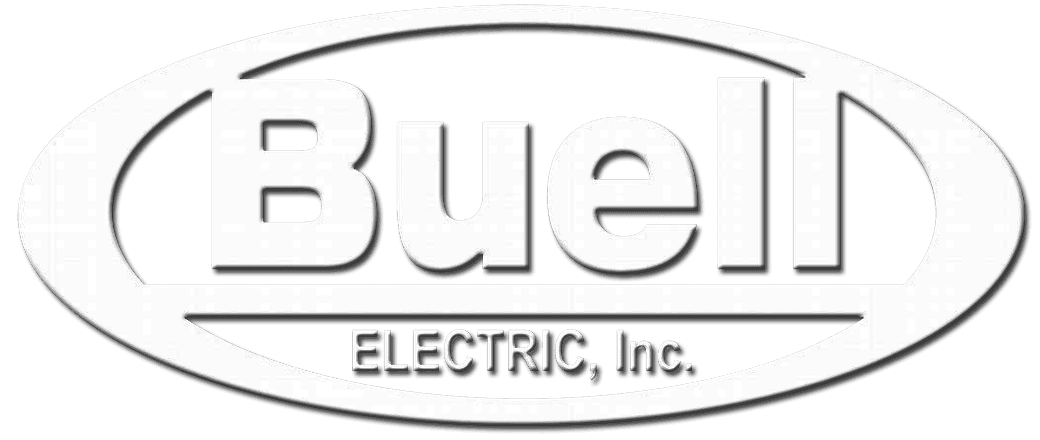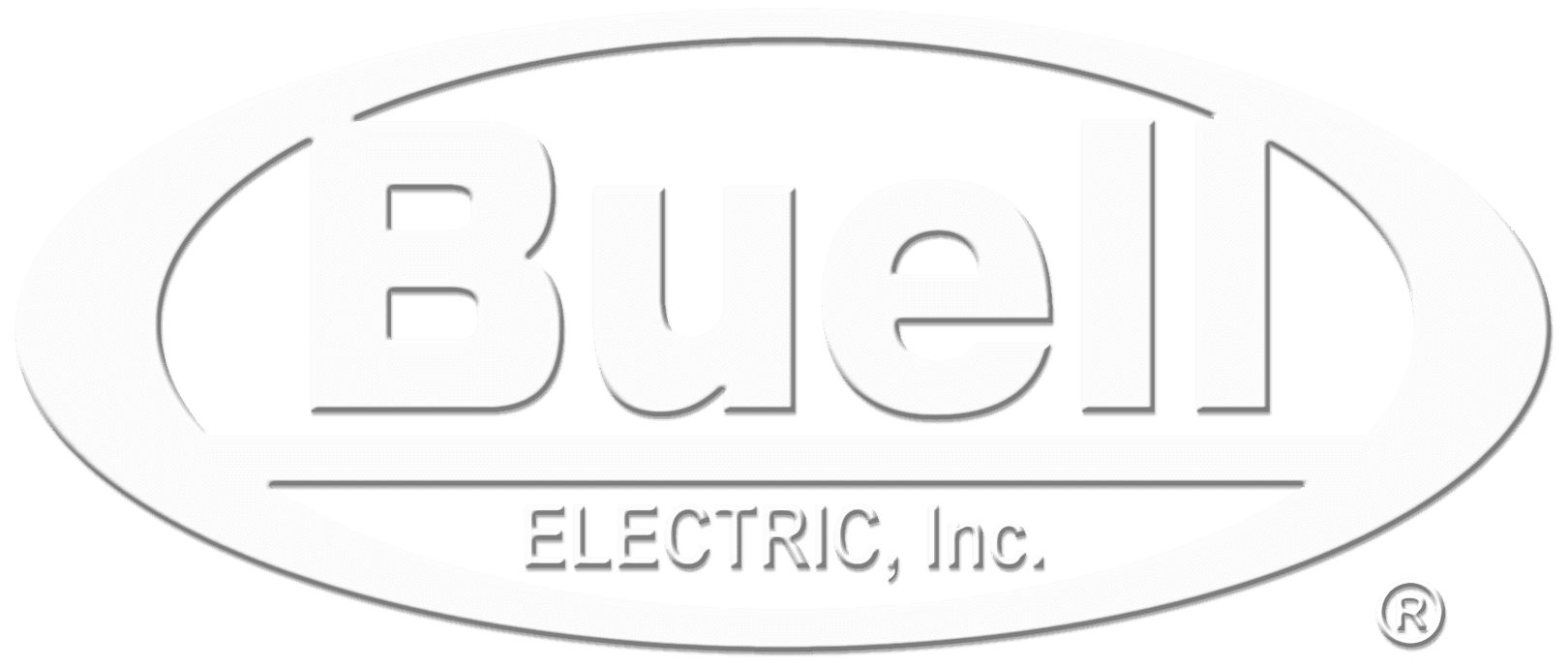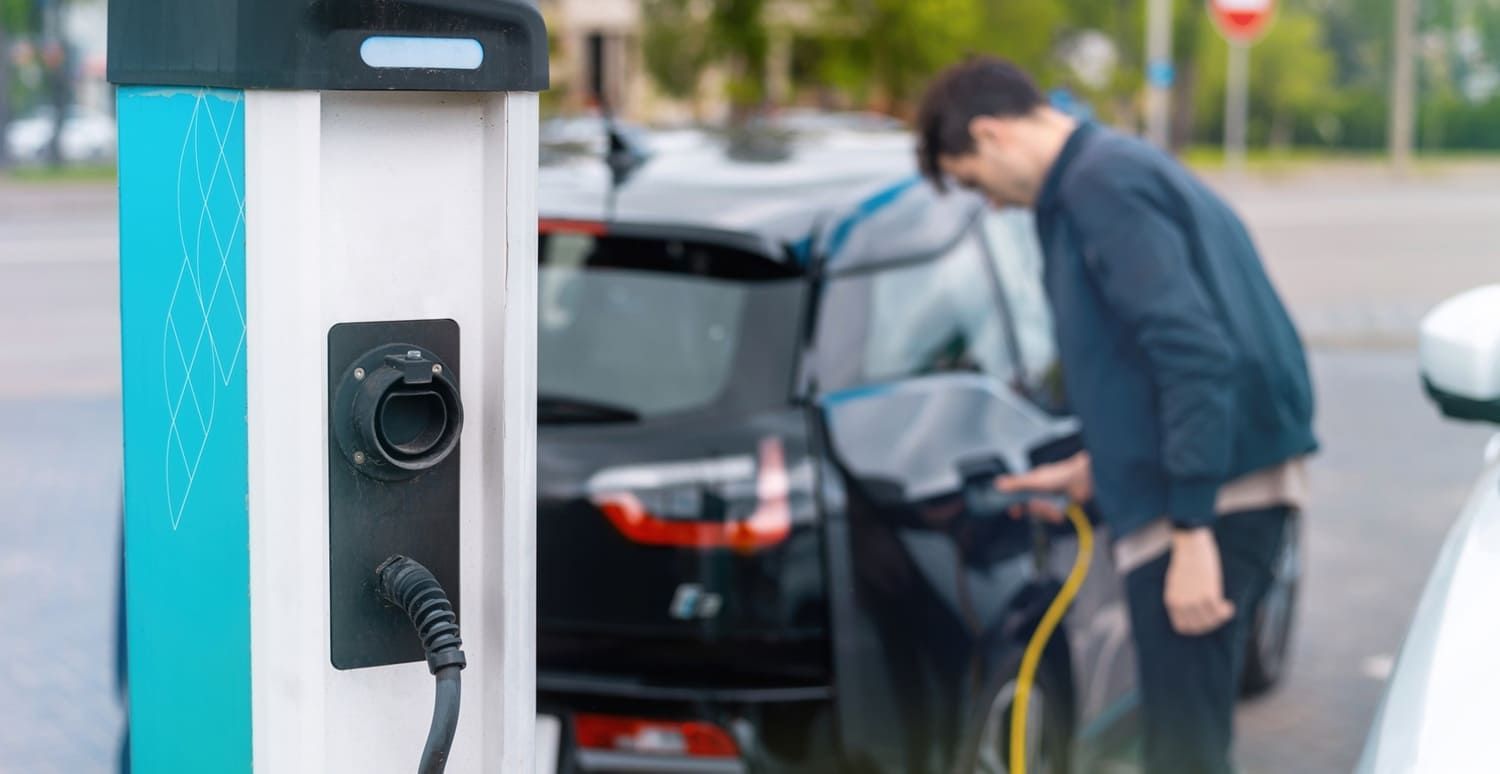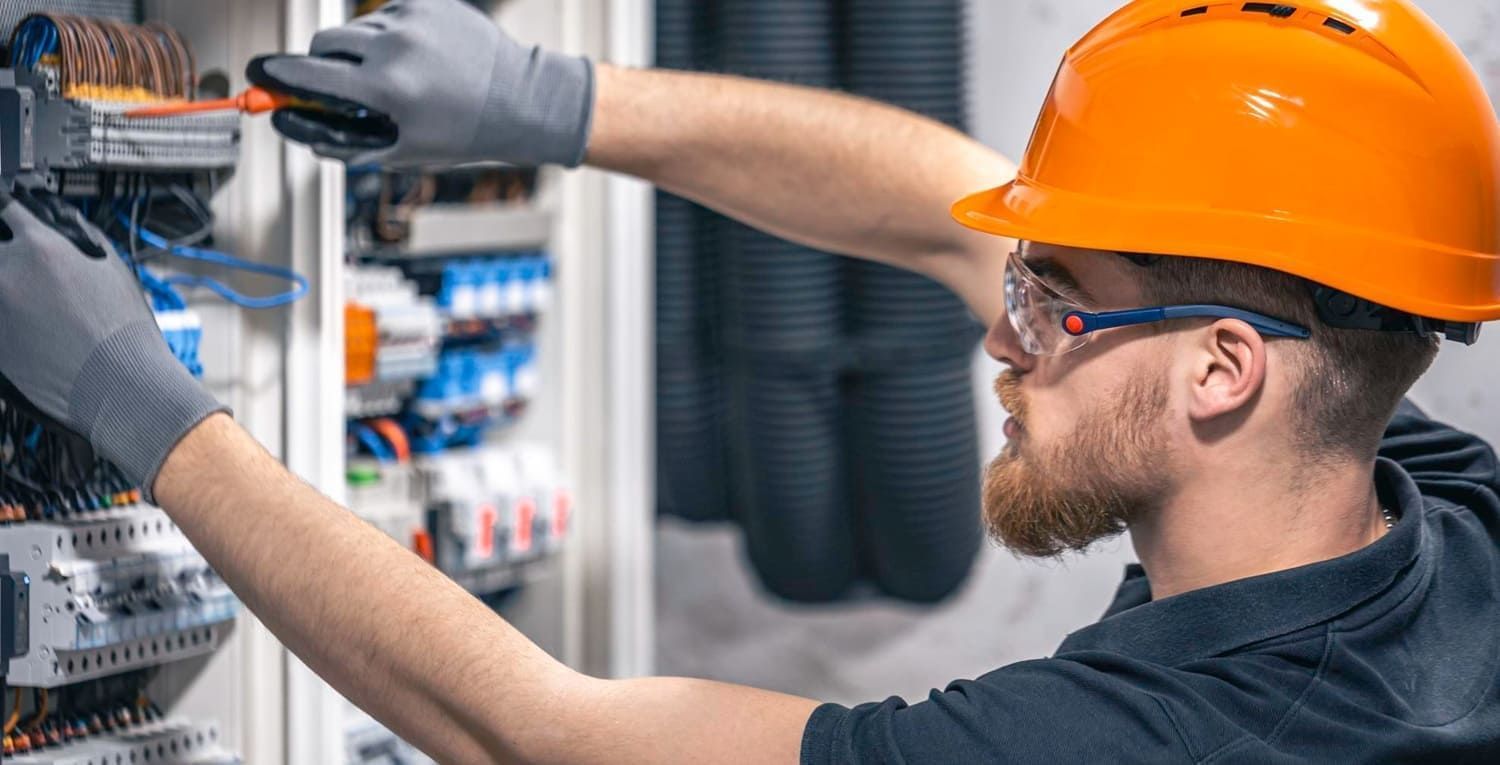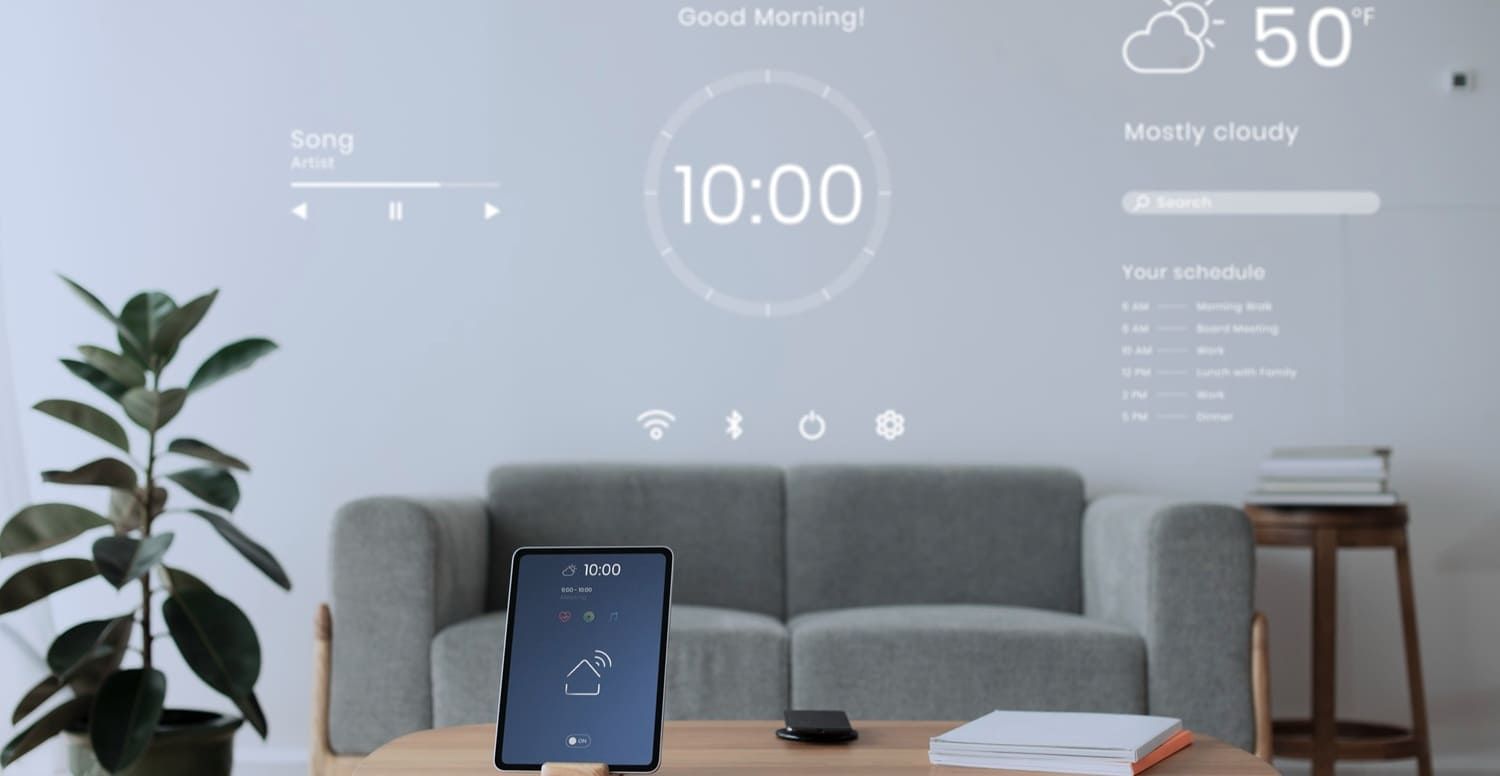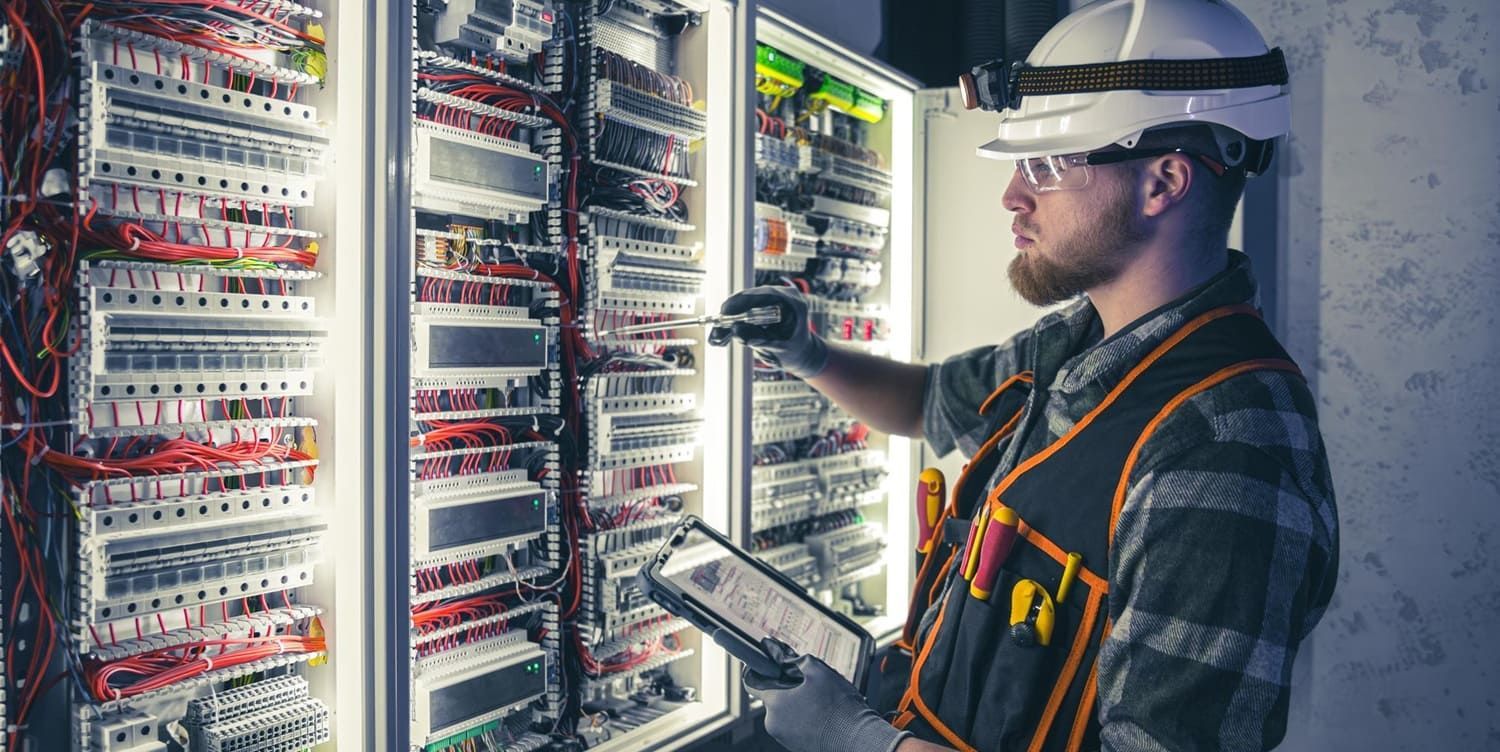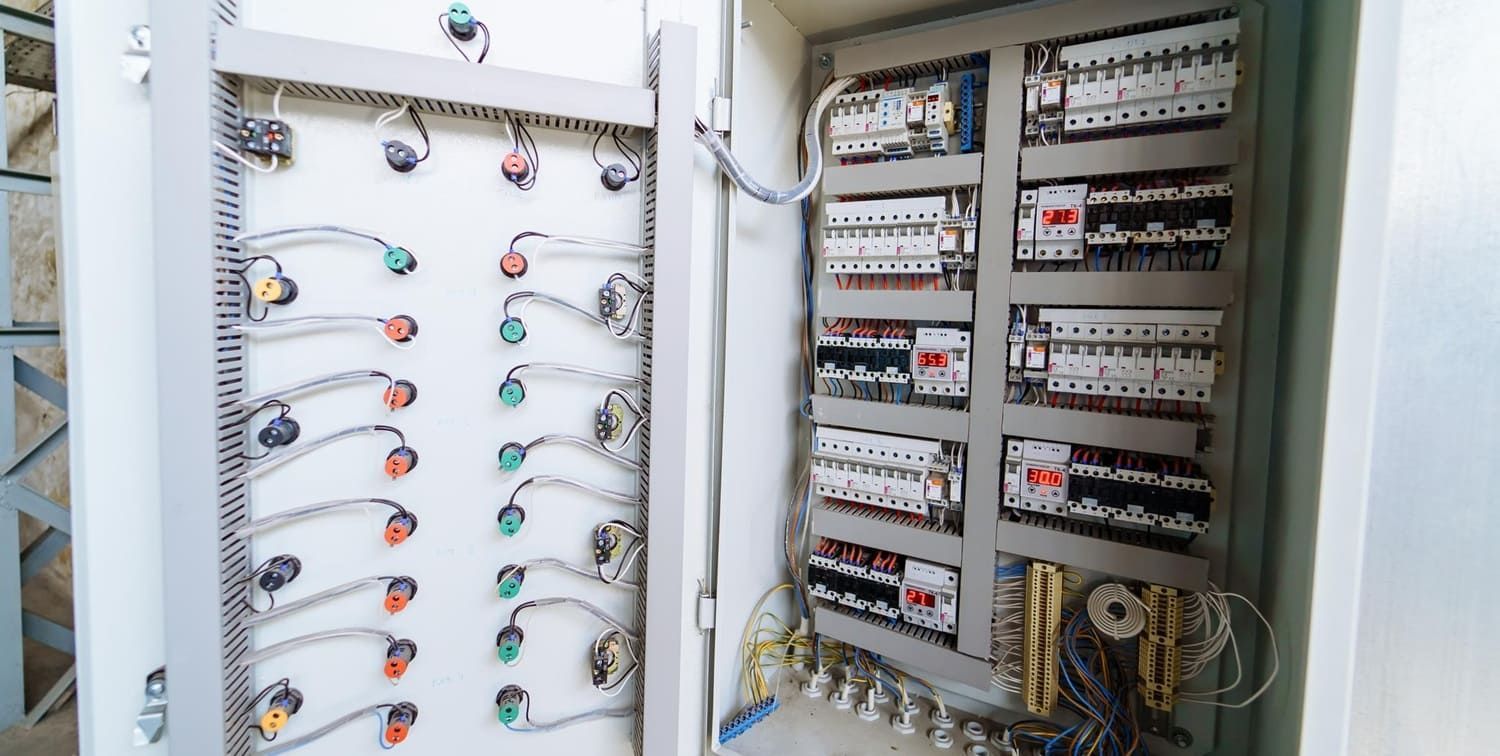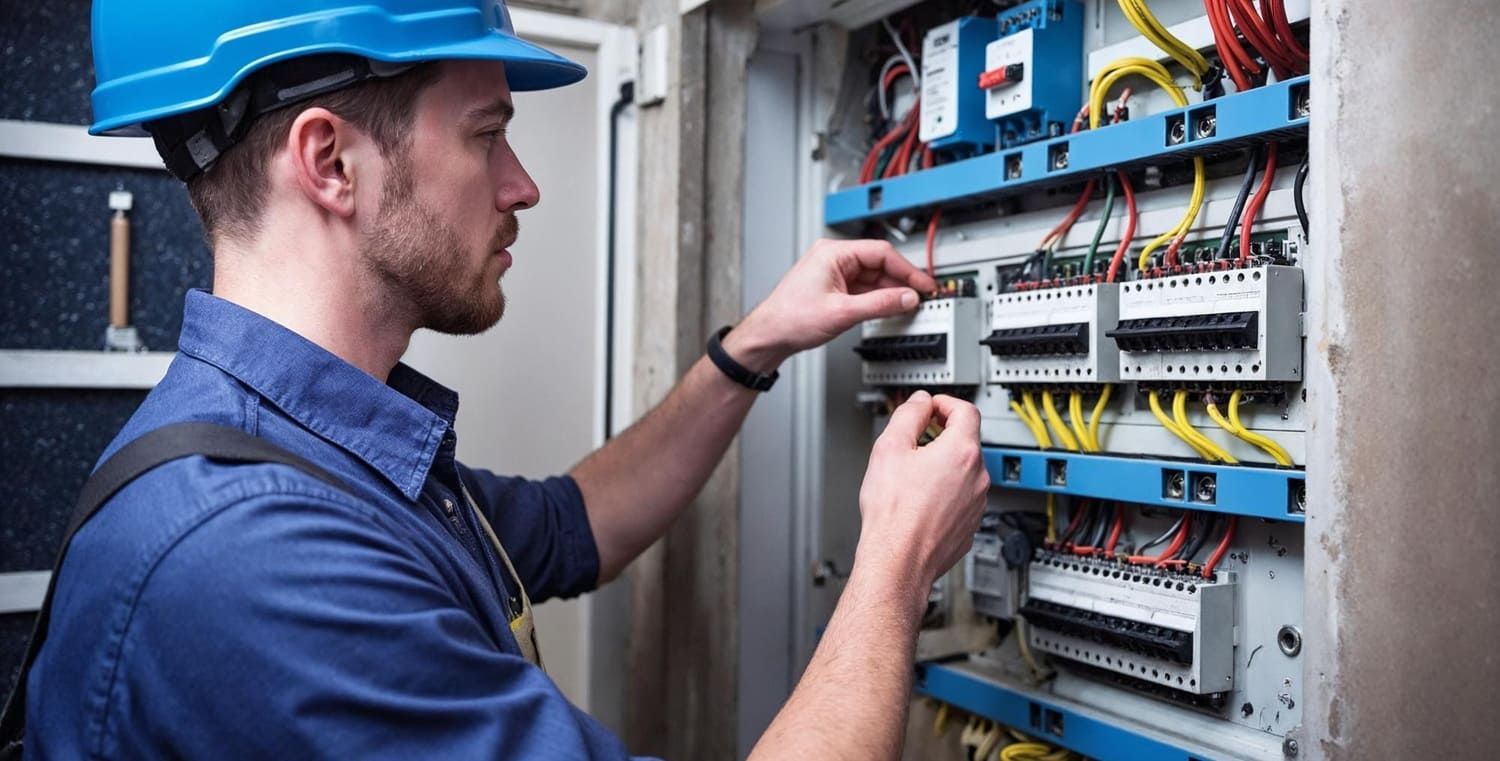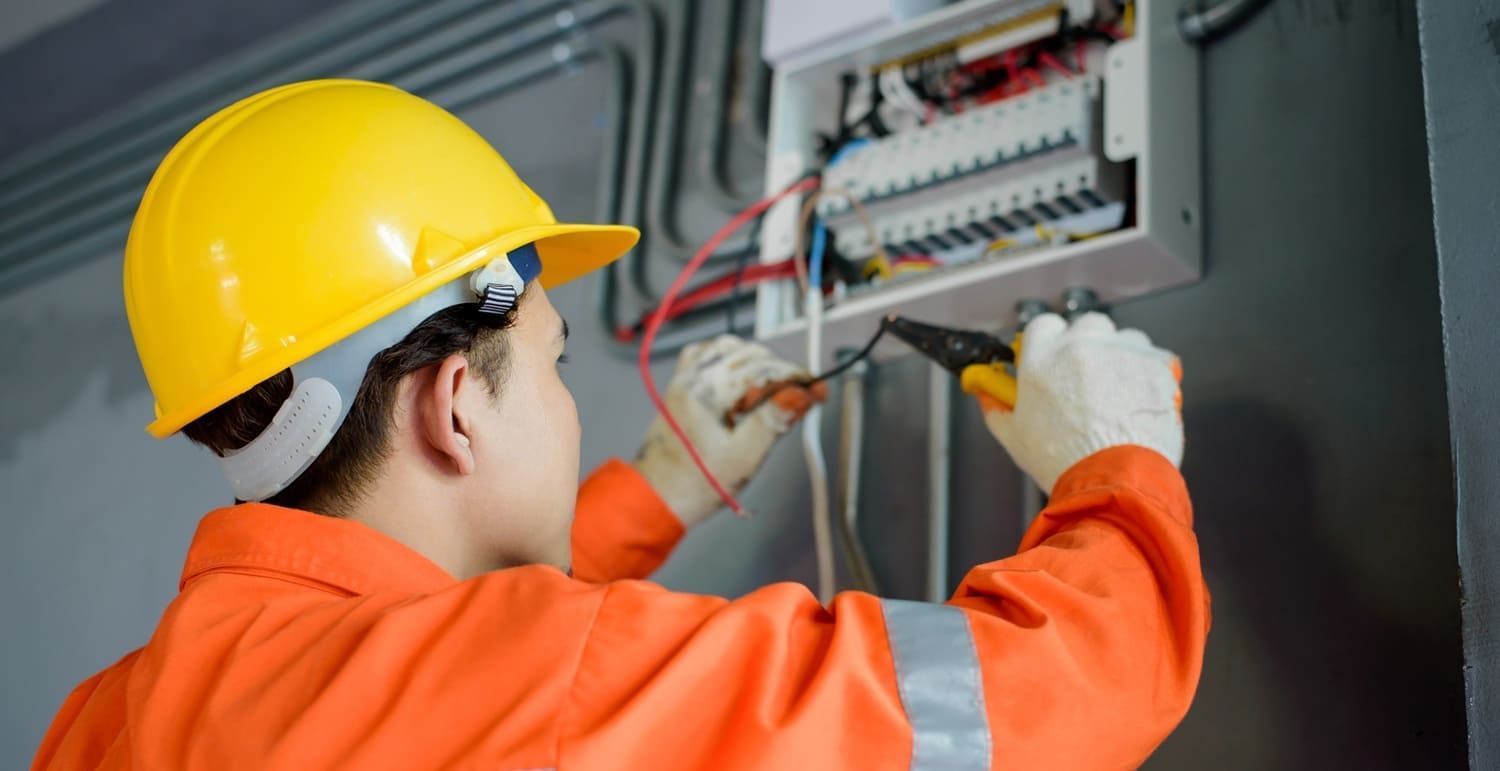Electrical Safety Tips for Hurricane Season in Tampa
Living in Tampa, you know hurricane season is a time of heightened caution.
The threat of high winds and heavy rain is always present. But there's another danger that often goes overlooked: electrical hazards.
These hazards can lead to power outages, property damage, and even personal injury. It's crucial to be prepared and know how to respond.
In this guide, we'll share essential electrical safety tips for hurricane season in Tampa. We'll cover how to secure your electrical systems, handle power outages, and assess damage after a storm.
Whether you're a homeowner, renter, or business owner, these tips will help you navigate hurricane season safely.
Stay informed, stay prepared, and stay safe this hurricane season.
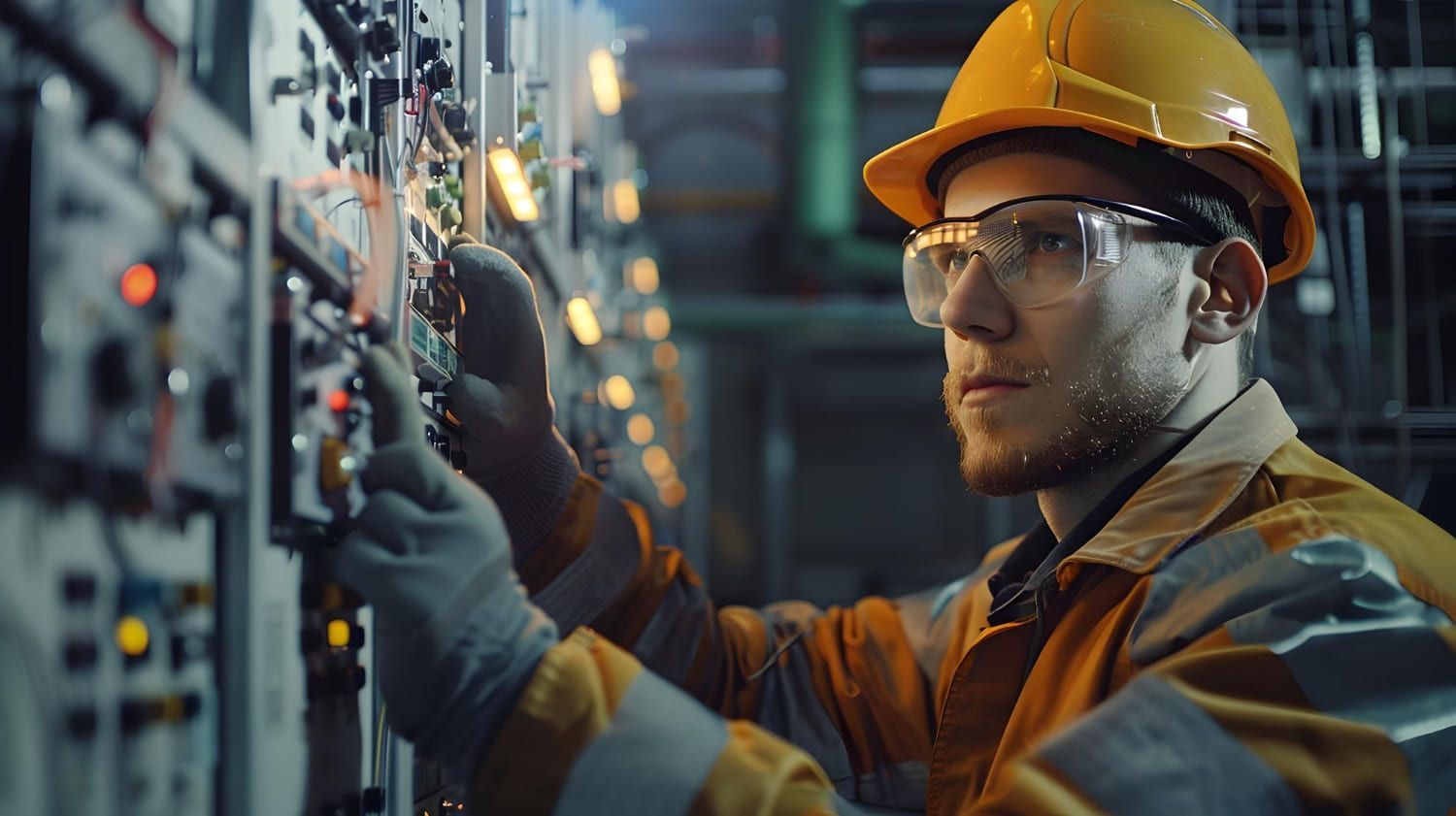
Understanding the Risks: Electrical Hazards During Hurricane Season
Hurricane season brings a host of electrical hazards. High winds can knock down power lines, causing widespread outages. Flooding can lead to dangerous situations with electrical systems and appliances.
Moreover, power surges during storms can damage electronics and potentially cause fires. It's important to understand these risks to protect your home and loved ones. In the following sections, we'll provide tips to help you mitigate these hazards.
Preparing Your Home: Before the Hurricane Strikes
Preparation is key to ensuring electrical safety during hurricane season. Start by inspecting your home's electrical system. Look for any signs of wear or damage that could pose a risk during a storm.
Next, consider your home's power needs in the event of an outage. Do you have a generator? If so, is it in good working order?
Finally, think about the electronics in your home. Are they protected against power surges?
Securing Electrical Systems
Before a hurricane hits, secure your electrical systems. This includes outdoor lighting, air conditioning units, and other outdoor electrical equipment.
Ensure these are properly anchored and protected from potential flooding. This can help prevent electrical shocks and fires.
Generator Safety
If you have a generator, make sure you know how to use it safely. Always operate generators outdoors, away from windows and doors to prevent carbon monoxide poisoning.
Never plug a generator directly into a wall outlet. This can cause backfeeding, a dangerous situation that can lead to electrical shocks.
Surge Protection and GFCIs
Protect your electronics from power surges by using surge protectors. These devices can prevent damage to your electronics if a power surge occurs during a storm.
Also, consider installing Ground Fault Circuit Interrupters (GFCIs) in your home. These devices can prevent electrical shocks by quickly cutting off power when a fault is detected.
During the Hurricane: Staying Safe When Power Goes Out
When a hurricane hits, power outages are common. It's important to stay calm and follow safety guidelines.
Remember, never touch any electrical equipment if you are wet or standing in water. Also, avoid overloading circuits when power is restored.
Here are some tips to stay safe:
- Keep a flashlight and extra batteries handy.
- Unplug appliances to prevent damage from power surges.
- Avoid opening the refrigerator or freezer to keep food cold as long as possible.
Handling Power Outages
During a power outage, your main concern should be safety. Use flashlights instead of candles to avoid the risk of fire.
If you're using a generator, make sure it's properly ventilated. Carbon monoxide poisoning can be a serious risk with improper generator use.
Dealing with Downed Power Lines
Downed power lines are extremely dangerous. Always assume they are live and avoid them.
If you see a downed power line, report it to your local utility company immediately. Never try to move it yourself.
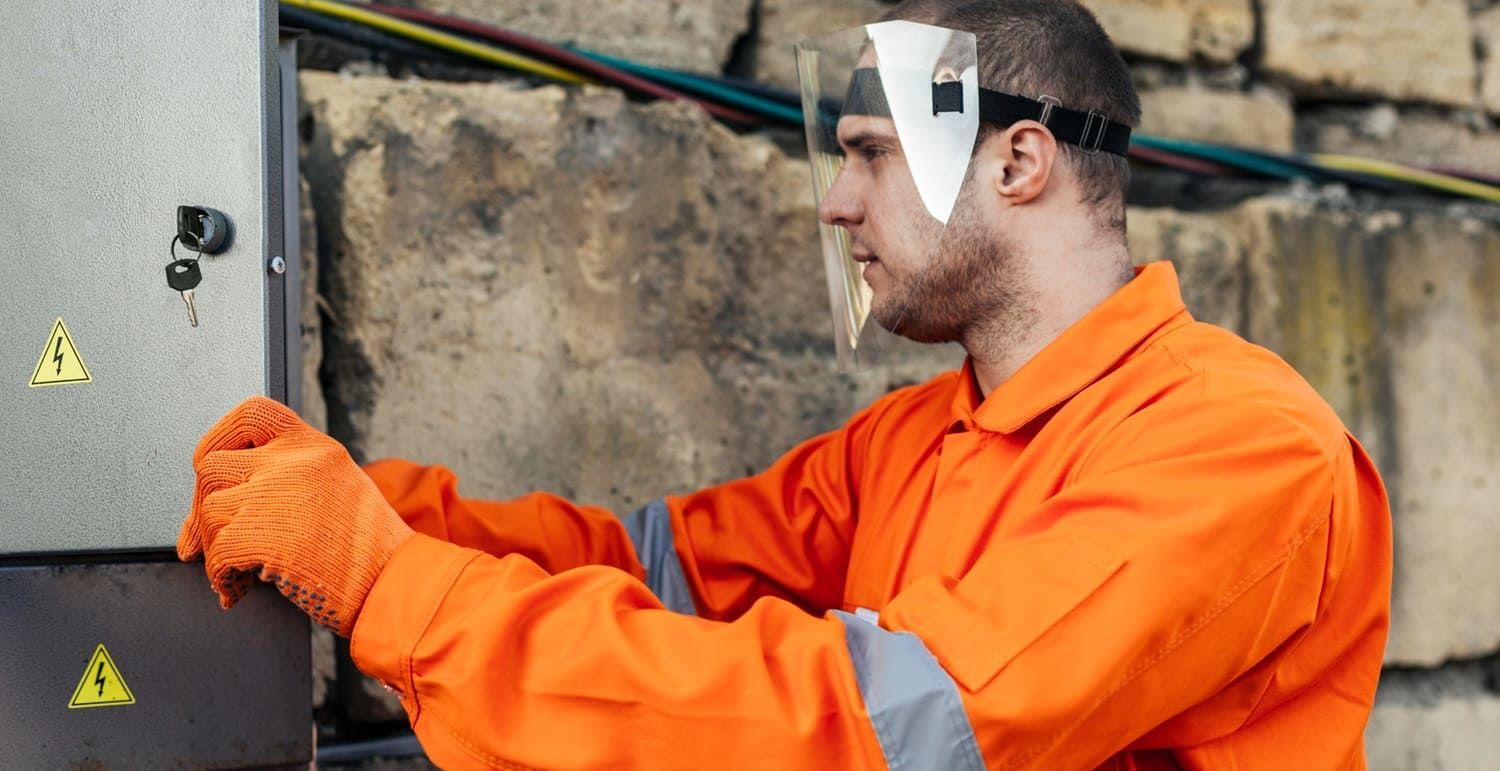
After the Storm: Assessing and Repairing Electrical Damage
Once the hurricane has passed, it's time to assess the damage. Be cautious when checking your home's electrical system.
Here are some tips for assessing and repairing electrical damage:
- Check for visible damage to your electrical system.
- Don't touch any electrical equipment if it's wet or if you're standing in water.
- If you smell gas or see sparks, leave your home immediately and call your utility company.
Restoring Power Safely
Restoring power after a hurricane should be done with caution. If your home has flooded, have an electrician inspect your system before turning the power back on.
Remember, never use wet electrical appliances. They need to be thoroughly dried or replaced.
When to Call a Professional
If you're unsure about your home's electrical safety after a hurricane, call a professional. It's better to be safe than sorry.
Licensed electricians can assess damage, make repairs, and ensure your home's electrical system is safe.
Year-Round Electrical Safety: Maintenance and Upgrades
Electrical safety isn't just a concern during hurricane season. It's a year-round responsibility. Regular maintenance and upgrades can help prevent electrical hazards.
Regular Maintenance Checks
Regular checks of your home's electrical system can identify potential issues. This includes checking outlets, switches, and electrical panels for signs of wear or damage.
Consider hiring a licensed electrician for an annual inspection. They can spot problems you might miss.
Upgrading Your Electrical System
Upgrading your electrical system can improve safety. This might include installing GFCIs or upgrading your home's wiring.
Remember, electrical work should be done by a professional. DIY electrical work can be dangerous and may not meet safety codes.
Conclusion: Staying Informed and Prepared
Staying informed and prepared is key to electrical safety during hurricane season. Regularly check for updates on weather conditions and safety advisories.
Remember, electrical safety is a shared responsibility. By following these tips, you can help keep your home and community safe during hurricane season in Tampa.
If you'd like to learn more or want to know how Buell Electric, Inc. can help you achieve electrical safety You have, Contact us today.
